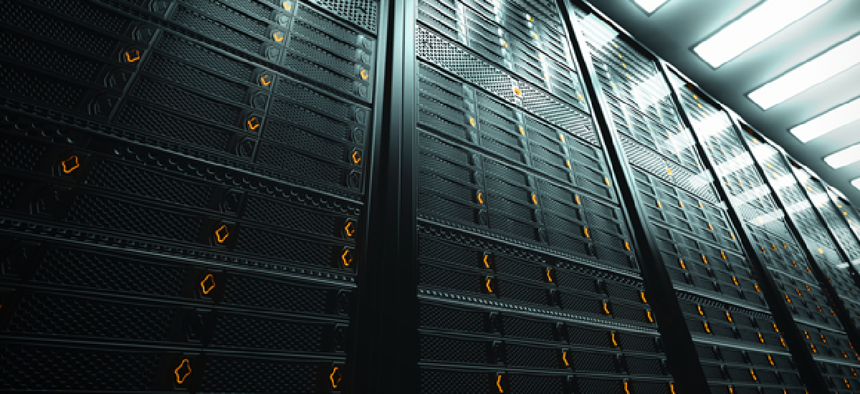Data center backlash in Arizona town

Once happy to attract data center operators, officials in Chandler now say the data centers have not created enough high-quality jobs, use too much water and electricity and produce a constant hum that disturbs residents living nearby.
Chandler, Ariz., is cooling to the idea of being a data center hub.
In the early 2000s the city supported data center construction, hoping to position the area southeast of Phoenix as a technology hub. Now city leaders say the facilities haven’t lived up to expectations. They have not created enough high-quality jobs, use too much water and electricity and produce a constant hum that disturbs residents living nearby, according to a report by the Arizona Republic.
For the first half of 2021, the region ranked third nationally for data center construction, attracting companies lured by the available space, relatively low utility costs and rare natural disasters. Three companies already have data center campuses in the area.
Data centers generate a great deal of heat, which is controlled by water-based cooling or industrial-scale air conditioning, both of which are a drain on local resources. One Chandler-area data center consumed all the water allocated to a business park, leaving the other tenants to rely on electricity for air conditioning, the paper said.
Chandler already requires companies that use large volumes of water to purchase additional water so the city has enough water for its needs. Under a new proposal, the city would tighten the approval process for new data centers as the area looks to more sustainable practices.
The proposed amendment to the city’s building code would prohibit developers from constructing new data centers anywhere in the city except in areas already zoned for data centers, the paper reported. It would also require a noise assessment and installation of sound mitigation equipment.
“Ten to 15 years ago data centers made sense for Chandler. Today they don’t,” Chandler Vice Mayor Mark Stewart told ABC15. “The data centers that are there now will remain and anything that’s zoned for data centers in the past will remain,” he said. “We can’t go backwards, we can certainly improve and that’s going to be the goal,” he added.
NEXT STORY: 4 trends shaping government cloud use






